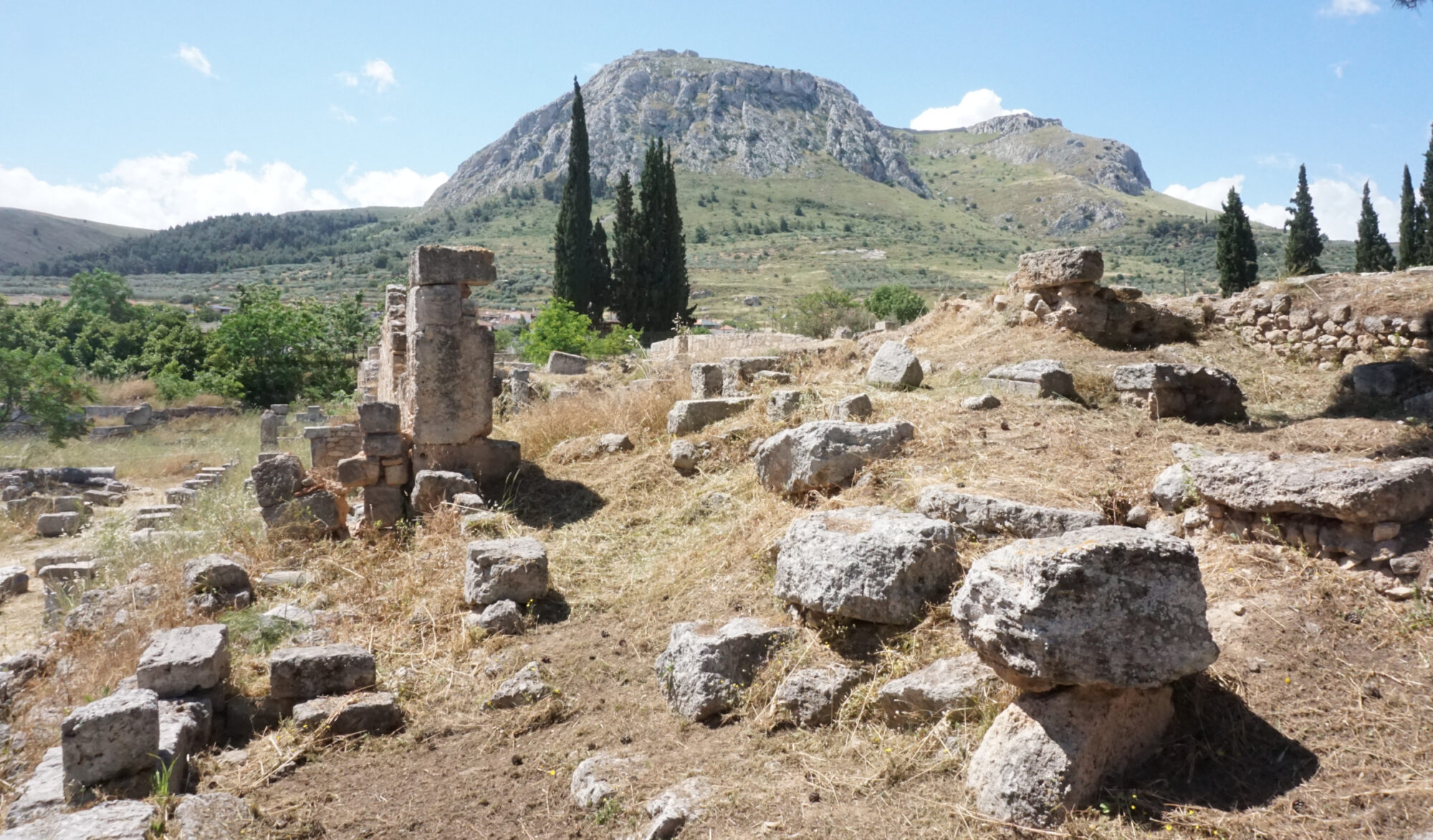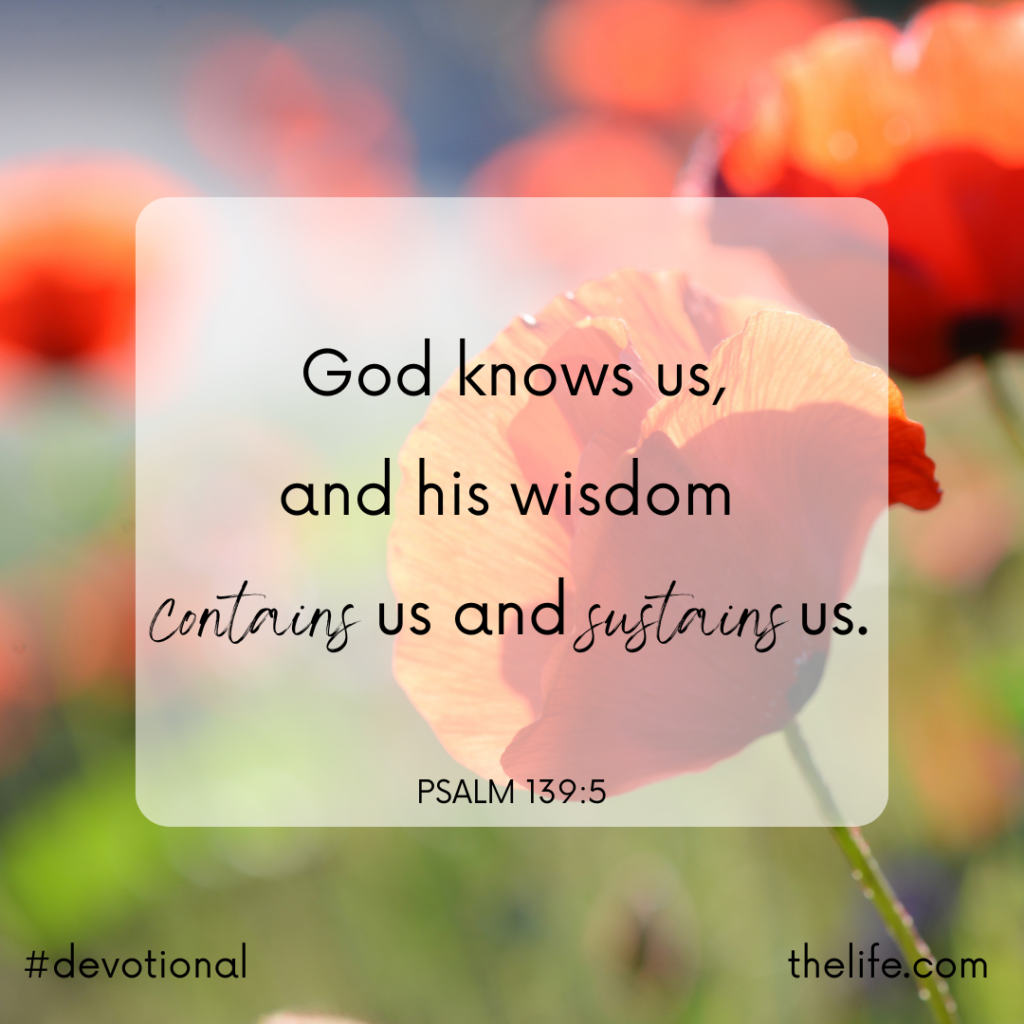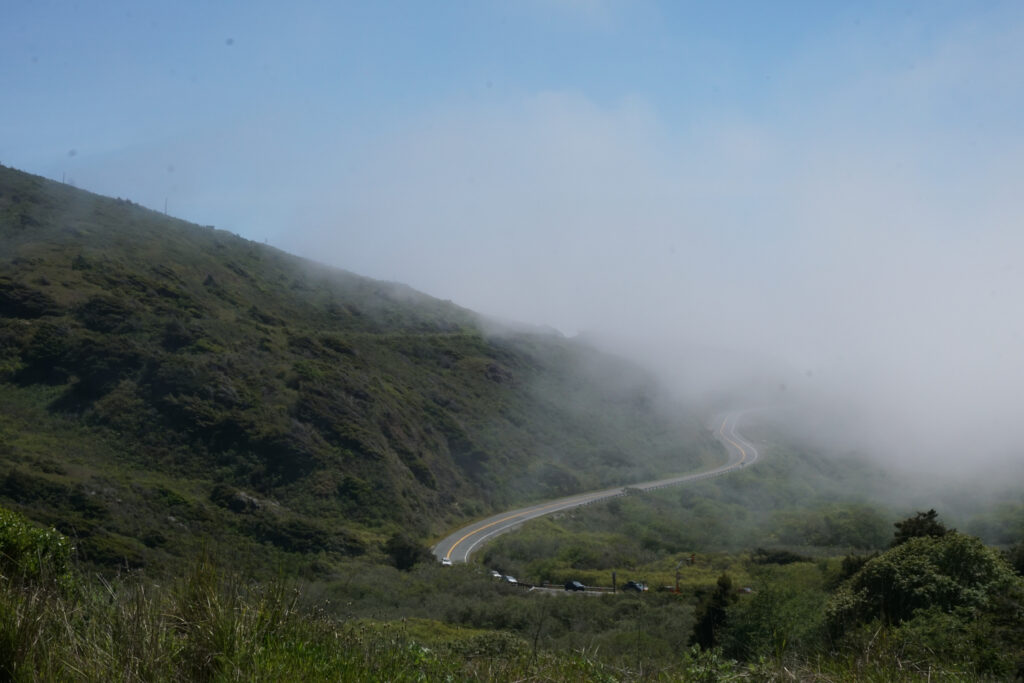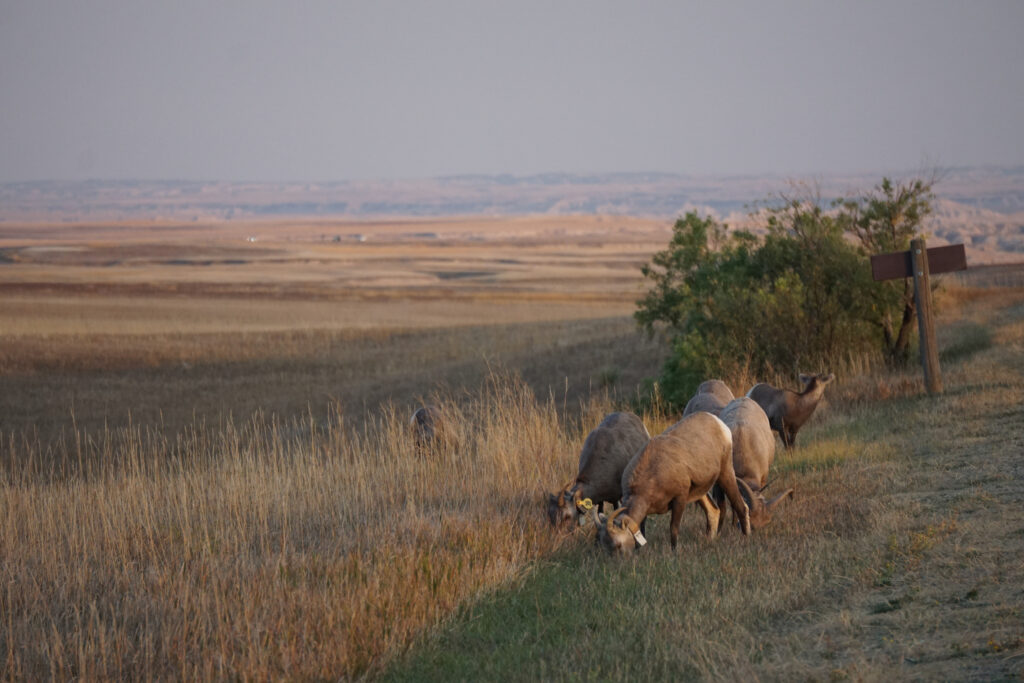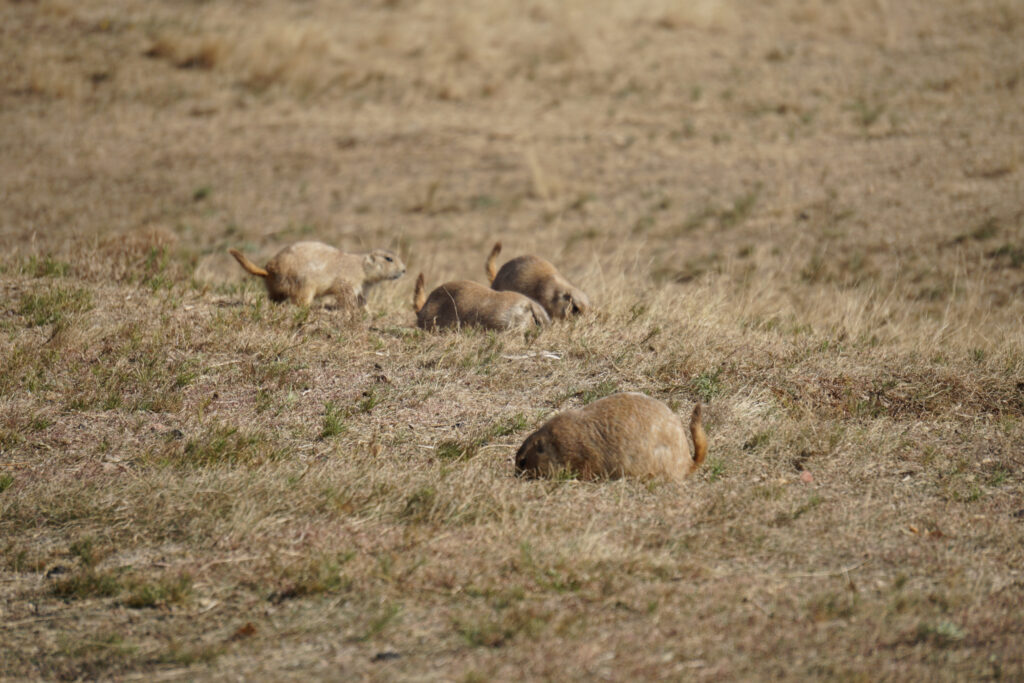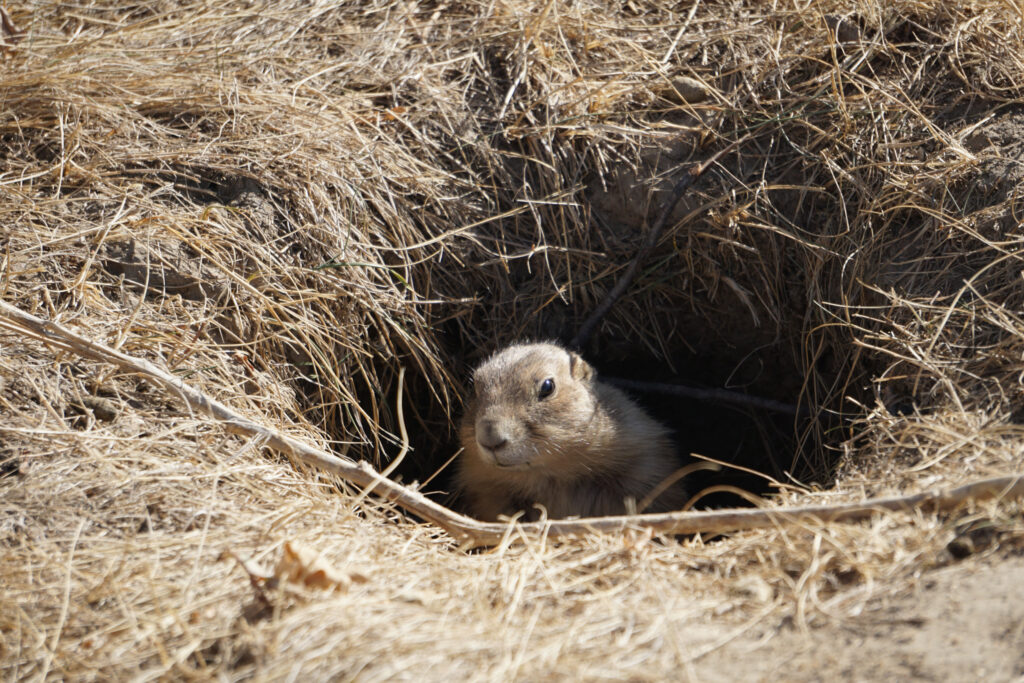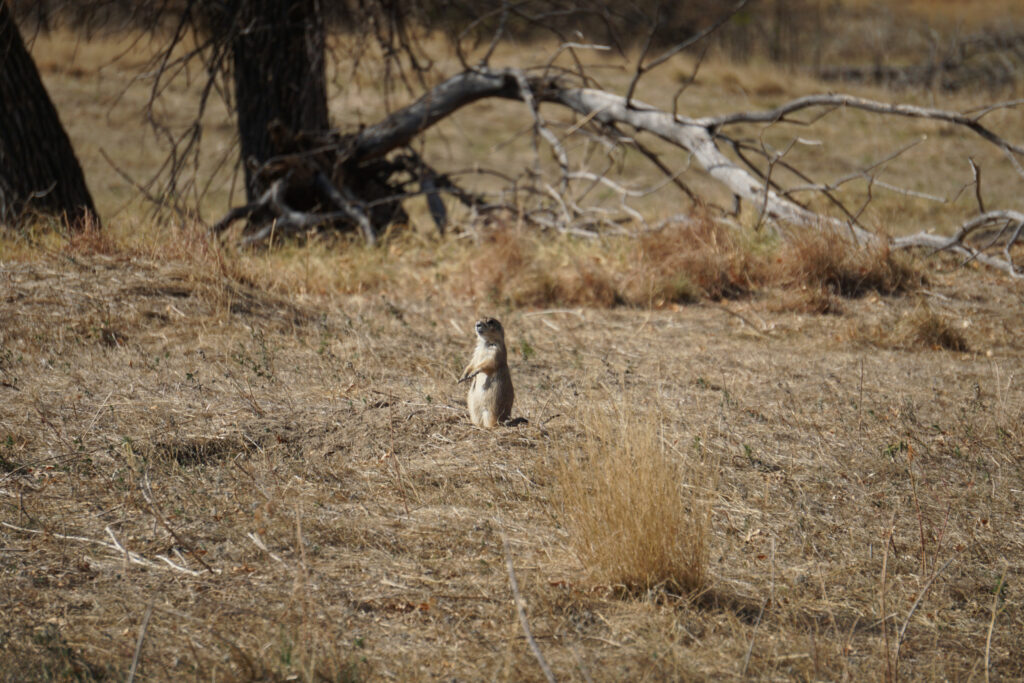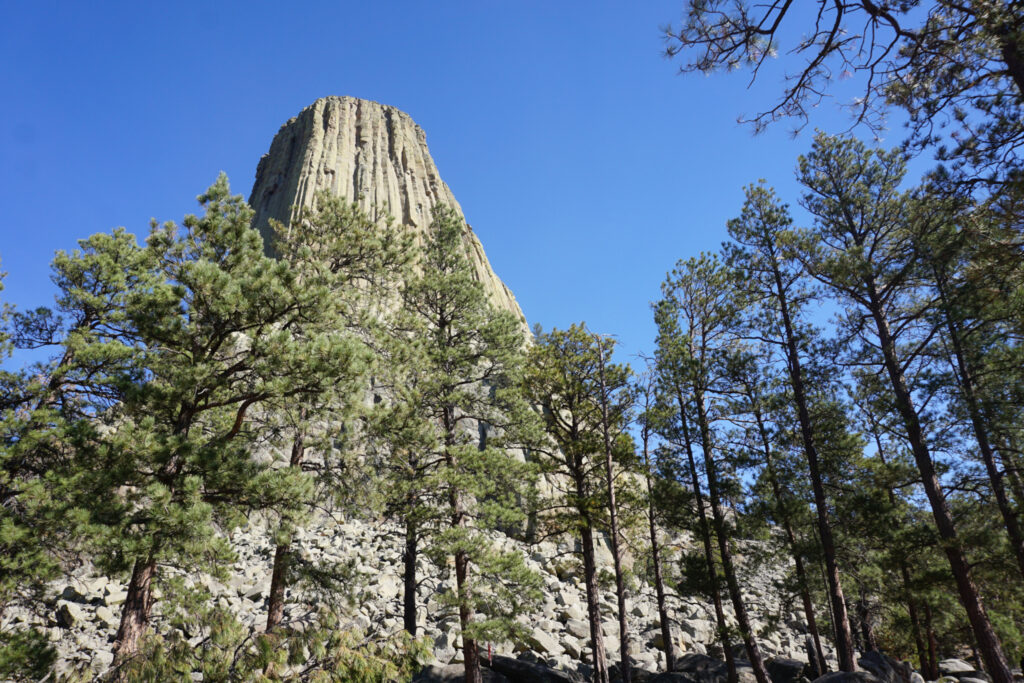Psalm 31:21-23 (ESV)—Blessed be the Lord, for he has wondrously shown his steadfast love to me when I was in a besieged city. I had said in my alarm, “I am cut off from your sight.” But you heard the voice of my pleas for mercy when I cried to you for help.
Her distress tolled like a battle cry in the airplane cabin. A few hours into a ten-hour flight from Chicago to Athens, the toddler sitting behind me bolted from her seat into the aisle, screaming, “I don’t want to go to bed; I want to walk around!” Though her parents sat her back down and tried to console her, she resisted bedtime with resounding cries and rambunctious seat kicks.
And she’s not alone in her feelings. In Psalm 31, David remembered feeling abandoned while in a “besieged city” and recounted his initial response: “I am cut off from your sight.” His fear assailed him like the despair a child felt when not sleeping in her own bedroom.
Thankfully, hopelessness and alarm do not have to rule over us. An honest, open relationship with God places us in the protection of his grace and mercy. We can pray to him and know he’ll hear and respond.
Because of this knowledge, we do not have to hunker down in fear of the besiege happening around us. Our alarm is not a signal to dive for cover; it is a sign to call out to God. Our prayer can be “I want to walk with you” rather than “I am cut off from your sight.”
